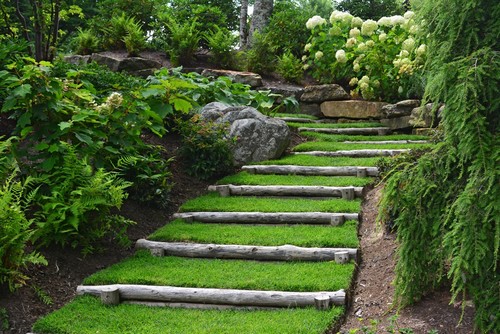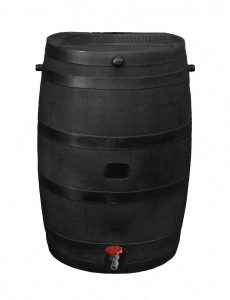Top Tips for Sustainable Gardening
Sustainable gardening is a way of gardening that reduces waste, minimizes environmental impact and enhances natural environment. Modern gardening techniques involve usage of chemicals, fertilizers, and materials that not only impact natural environment but also become a source of pollution. The idea behind sustainable gardening is to adopt methods and use substances and materials that are sources from nature and do not harm the local ecosystem. Think of chemical sprays that kill insects bugs but also wipe out honey bees or friendly bugs that condition the soil or are eaten by birds. Killing those bugs affects population of birds that visit gardens not only to obtain their food but also to pollinate flowers or spread seeds. Disturbing a single link in the ecosystem eventually disturbs the whole ecosystem that might lead to catastrophic changes in the long run.
Sustainable gardening is all about being sensitive to the nature and minimizing impacts of gardening activities on the nature. There are a number of tips and techniques (such as composting, mulching, xeriscaping etc) you can use to make sure that your garden is sustainable. The following is a few easy ways to adopt sustainable gardening habits.
Avoid chemicals
Part of achieving a sustainable gardening is removing the chemicals entirely from your garden space. There are plenty of pests and weeds that may be easier to deal with using pesticides, but the damage it does to the health of your garden and wildlife as a whole can be massive. For this to work, you need to commit to de-weeding by hand and only using natural fertilizers to help your plants reach their full potential. This does not necessarily have to be as hard as it sounds, depending on the state of your garden. Planning ahead to cut chemicals from your garden can be the best way to integrate this sustainability effort slowly over time.
When you really want to use a pesticide, make sure you use an organic pesticide such as EcoSmart Organic Botanical Garden Insect Killer
Reuse & Recycle Materials
From plant pots to your old rake, there are plenty of things that you can reuse and breathe new life into. The creation of these items takes a heavy toll on the environment, so getting as much use out of them as possible is important in order to achieve sustainability in your garden space. Recycling indoor items for use outdoors can also be a great way to boost your garden’s sustainability. A flower pot made out of your Aunt Mable’s favorite teapot may make a great interest piece, for example, as well as adding to your garden’s sustainability.
Also See:
- How to prepare your own compost
- The Ultimate Guide to Designing Beautiful Xeriscapes
- DIY Ideas to Upcycle Your Old Fence Panels
Harvesting Water
High water usage has a big impact on the environment, with gardeners being some of the biggest culprits of too much water use. You want your plants to survive, but at what expense? The compromise for this problem comes from harvesting your own water.
Use a rainwater collection barrel, buy a rainwater tank or simply keep a few jugs on hand for the drizzles. Either way, make sure that your plants are only being supplied by sustainable water. Of course, you won’t always collect enough water year round; but, it should go a long way to help your garden become self-sufficient.
Zero Waste
Don’t throw away a twig. No, really. If you want your garden to be truly sustainable then it needs to be a zero waste zone. No bin, landfill or dump should ever receive a scrap from your garden. So this means having a compost bin. Meaning all of your natural waste can be recycled back into your flower beds, creating the circle of life in your own garden.
Consider Sustainable Furniture Options
For a fully sustainable garden space, you need to ensure that everything you buy for your garden is responsibly sourced. Including the furniture. Outdoor rattan furniture is a sustainable option, with much of the rattan supply coming from Indonesia. Here communities are supported by the growth of this rattan for furniture and rely upon it for economic stability.
Ensuring you have environmentally friendly furnishings is a must for a sustainable garden space, so invest in this area of your garden!
As a whole, a sustainable gardening is not as difficult as you might at first suspect! Simply put in a little hard work from the beginning and you will have a beautifully sustainable space in no time.

